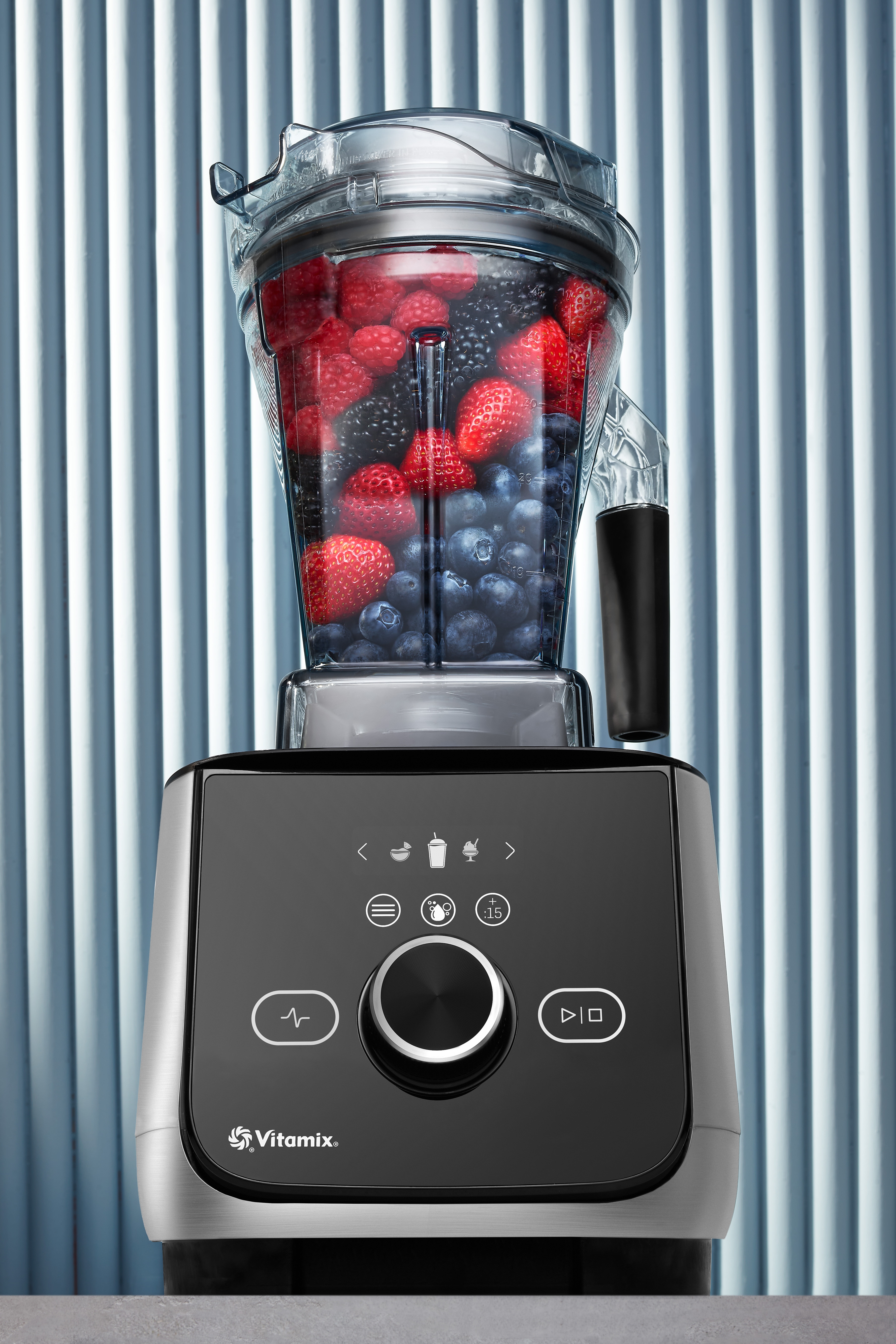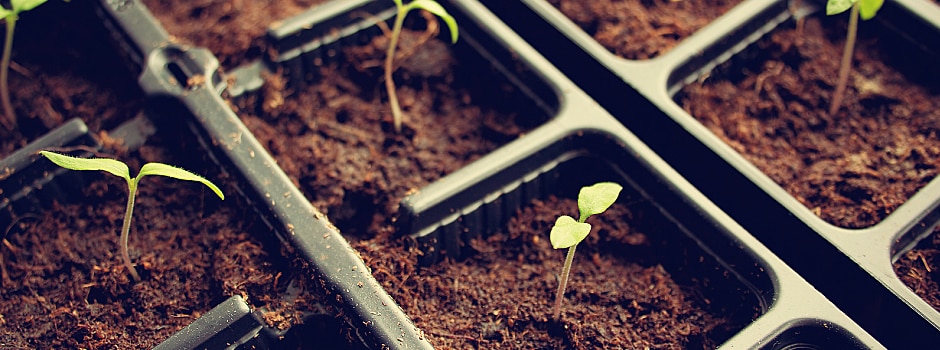Farming in shipping containers is a sustainable trend that's currently gaining traction. The herbs and produce grown in these shipping containers are being bought by restaurants and consumers who are looking for unique, creative solutions. Here's how this new trend is impacting chefs and their kitchens.
Freight Farms
Freight Farms, which is based in Boston and was founded in 2010, takes former refrigerated shipping containers (called "reefers") and outfits each of them with LED strip lights, a water circulation system, tanks of liquid fertilizer, vertical growing "towers," and a propane tank for producing extra carbon dioxide.
According to a Wall Street Journal article, under good conditions, you can go from seeds to fully sellable produce in as little as six weeks. The article also states that, "According to data pooled by the company, an average Freight Farms box can produce 48,568 marketable mini-heads of lettuce a year—the growing power of two acres of farmland."
Farming in shipping containers from Freight Farms is currently underway in 22 states and two Canadian provinces, and in climates that range from the freezing cold winters of Ontario to the sweltering heat of a Texan summer. In Canada, Smart Greens purchased Freight Farms' technology, modified it, and is working with 20 Canadian farmers to launch in cities throughout the country. As their website states, "Our business model means that farmers, and farm operators, keep much more of the value of goods produced because we eliminate the need for complicated and expensive distribution."
The elimination of a complex distribution system was also a draw for Adam Care, of Grown With Care in Newmarket, Ontario. He purchased one container from Freight Farms—for $85,000—to grow everything from wild mustard greens, kale, arugula, lettuce, various herbs, peas, radishes, and ruby red Swiss chard.
Farming of the Future
Care says that this is the farming of the future. "Seventy-five percent of the fresh produce in much of Canada comes from California, but there's a lack of water there and farmers are losing their livelihoods," he says, adding that prices will continue to rise. And that's where operations like his come in. "I use 90 percent less water than if a plant was grown outside, and I'm in a drought-free situation. My one variable is hydro—it takes electricity to run my freight farm but I'm working to install solar panels so that eventually, when that gets paid off, I will have no overhead," he says.
Care says they try to set prices at fair-market value, which he does by comparing what's selling at the grocery store and basing his prices off that. However, the bonus of Care's produce is that it's same-day picked and isn't dipped in chlorine or hydrogen peroxide. "Our produce is grown from organic seeds, we have a pest-free environment, and I harvest with nonlatex, nonpowdered gloves," explains Care. He currently sells at farmers' markets and through wholesale to various restaurants in the area.
The Chef Response
Executive chef of the high-end, Ontario-based Magna Golf Club, Jonathan Goodyear, is a loyal supporter of Care's produce. "He grows specific greens blends for us, and I get fresh herbs and blossoms coming from him, too," says Goodyear. "The quality of the products we source for our guests is beyond reproach." He cites Care's arugula as an example of that. He describes it as being intensely fresh, nutty, and peppery. "I tell my staff they need to use Adam's arugula as an accent because it's so full flavored that if used solely as your salad greens, it would overwhelm the palate."
Goodyear says his focus is on running the kitchen at the golf club and sourcing the best products he can. "When you're younger, you think you can do everything well, and then you try it. There are some things you'll be better at than others," he explains, adding that Care is passionate about the work he does, and offers consistency, something he says is often lacking with traditional farmers. It could be the delivery, the shelf life, or the sizing, he explains. For him, one of the best parts of his relationship with Grown With Care is that he helps choose the organic seedlings that will end up on his plates, like that peppery arugula. He also says that Care's willingness to go the extra mile with peerless produce "is serious passion that results in something promising."



